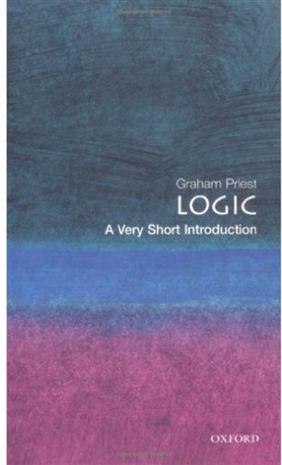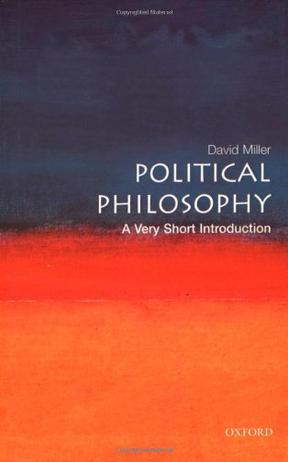-

Hegel
Many people regard Hegel's work as obscure and extremely difficult, yet his importance and influence are universally acknowledged. Professor Singer eliminates any excuse for remaining ignorant of the outlines of Hegel's philosophy by providing a broad discussion of his ideas and an account of his major works. -

Ancient Philosophy
The tradition of ancient philosophy is a long, rich and varied one, in which a constant note is that of discussion and argument. This book introduces readers to some ancient debates to engage with the ancient developments of some themes. Getting away from the presentation of ancient philosophy as a succession of Great Thinkers, the book gives readers a sense of the freshness and liveliness of ancient philosophy, and of its wide variety of themes and styles. -

Plato
This lively and accessible introduction to Plato focuses on the philosophy and argument of his writings, drawing the reader into Plato's way of doing philosophy, and the general themes of his thinking. This is not a book to leave the reader standing in the outer court of introduction and background information, but leads directly into Plato's argument. It looks at Plato as a thinker grappling with philosophical problems in a variety of ways, rather than a philosopher with a fully worked-out system. It includes a brief account of Plato's life and the various interpretations that have been drawn from the sparse remains of information. It stresses the importance of the founding of the Academy and the conception of philosophy as a subject. Julia Annas discusses Plato's style of writing: his use of the dialogue form, his use of what we today call fiction, and his philosophical transformation of myths. She also looks at his discussions of love and philosophy, his attitude to women, and to homosexual love, explores Plato's claim that virtue is sufficient for happiness, and touches on his arguments for the immortality of the soul and his ideas about the nature of the universe. -

Free Will
Every day we seem to make and act upon all kinds of free choices - some of them trivial, and some so consequential that they may change the course of our life, or even the course of history. But are these choices really free? Or are we compelled to act the way we do by factors beyond our control? Is the feeling that we could have made different decisions just an illusion? And if our choices are not free, why should we be held morally responsible for our actions? This Very Short Introduction, written by a leading authority on the subject, looks at a range of issues surrounding this fundamental philosophical question, exploring it from the ideas of the Greek and medieval philosophers through to the thoughts of present-day thinkers. It provides a interesting and incisive introduction to this perennially fascinating subject. -

Logic
Logic is often perceived as having little to do with the rest of philosophy, and even less to do with real life. In this lively and accessible introduction, Graham Priest shows how wrong this conception is. He explores the philosophical roots of the subject, explaining how modern formal logic deals with issues ranging from the existence of God and the reality of time to paradoxes of probability and decision theory. Along the way, the basics of formal logic are explained in simple, non-technical terms, showing that logic is a powerful and exciting part of modern philosophy. -

Political Philosophy
This book introduces readers to the concepts of political philosophy. It starts by explaining why the subject is important and how it tackles basic ethical questions such as 'how should we live together in society?' It looks at political authority, the reasons why we need politics at all, the limitations of politics, and whether there are areas of life that shouldn't be governed by politics. It explores the connections between political authority and justice, a constant theme in political philosophy, and the ways in which social justice can be used to regulate rather than destroy a market economy. David Miller discusses why nations are the natural units of government and whether the rise of multiculturalism and transnational co-operation will change this: will we ever see the formation of a world government?